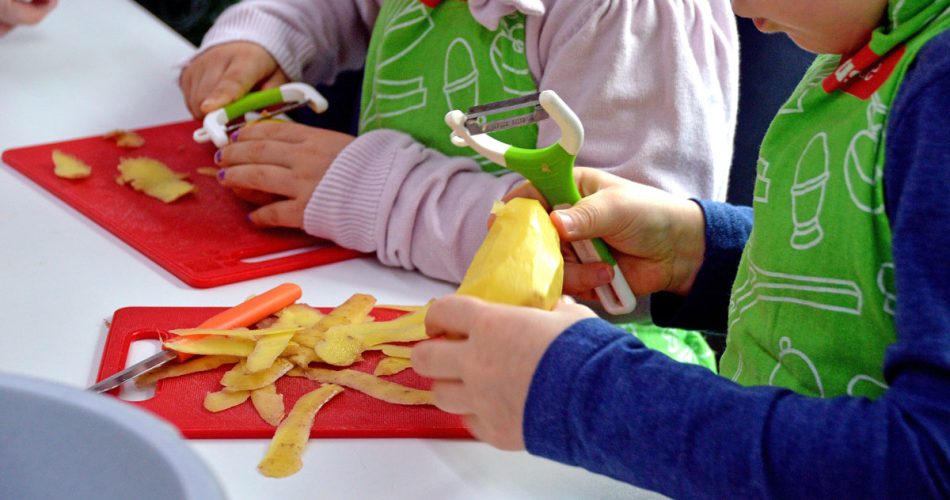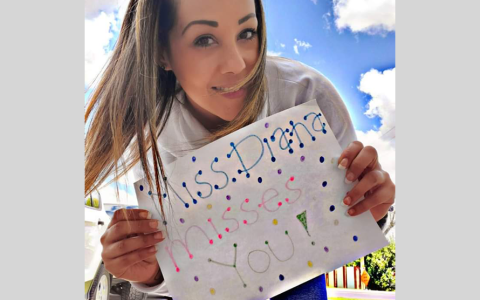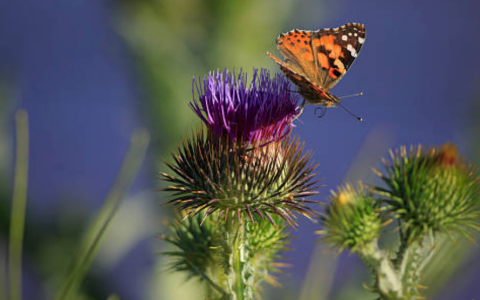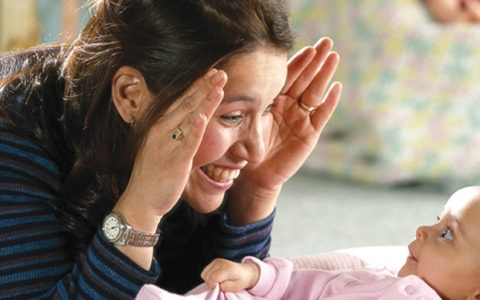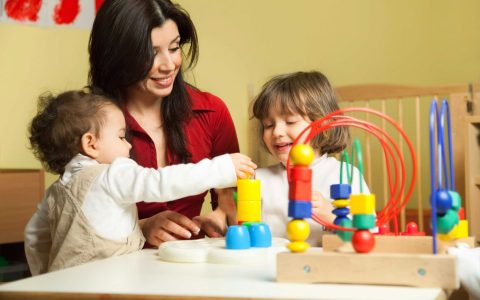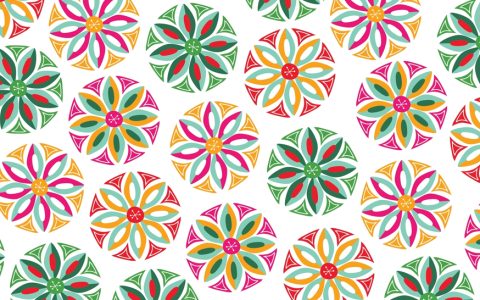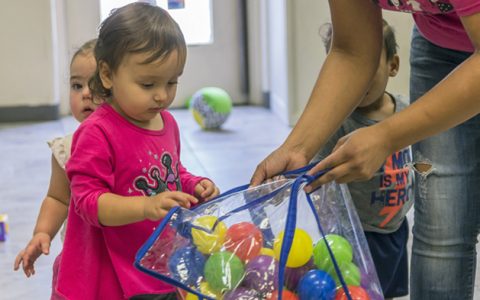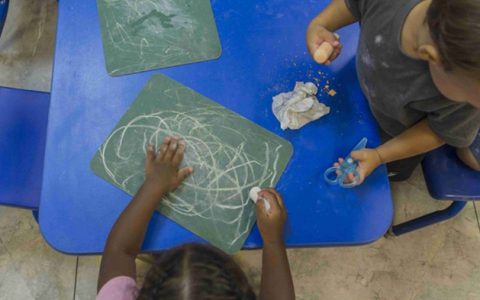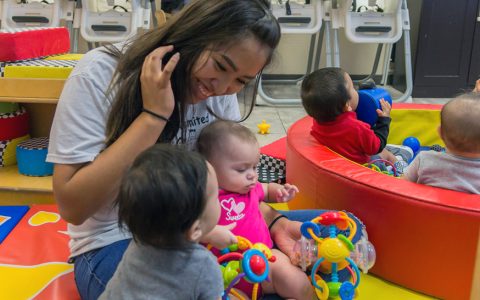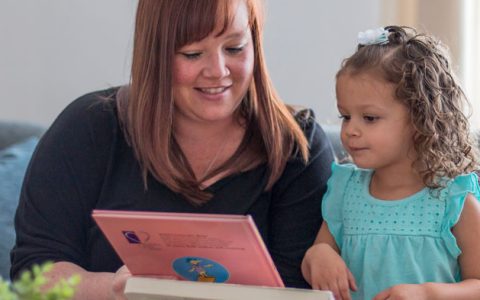When a child learns a new concept by doing, touching, exploring or experiencing something, rather than just being told about it—that child is creating pathways in the brain for further knowledge. For early childhood educators looking for ways to improve children’s learning—hands-on experiences are critical to success. So, how can you maximize children’s learning through
Category: Early Learning
Supporting learning from a distance
Due to the onset of COVID-19, many early childhood education programs have shifted away from offering in-person activities to facilitating children’s learning from a distance, in the home setting. This change in services has created a multitude of difficulties and opportunities. Here are some ideas from two child care providers serving families in tribal and
Laying the foundation for math with infants and toddlers
Infants and toddlers are observant, curious and eager to explore. Natural pattern-seekers, infants observe their caregivers and environments, noticing similarities and differences, repetition and novelty. As they begin to interact with their environments, toddlers use these observations to learn about objects and patterns. Skilled caregivers encourage this natural curiosity to build strong foundations for mathematical
Handling the Holidays: Honoring different cultures and traditions
As early childhood educators, it is our responsibility to understand, respect and honor each child in our care without bias. Many programs have families enrolled with a variety of different backgrounds and experiences. Even in programs that appear homogeneous, families have different ways of celebrating their traditions. Quality early learning programs partner with families in
Communication Matters: Talking with families about learning through play
How do you respond when parents ask: “Do the kids just play all day?” If you’ve ever struggled to respond to this question, you’re not alone. There are many different ideas about how children should learn. How you communicate with families about your program and your quality early learning practices will benefit them in the
V is for Vision: Casting your vision for quality
In Quality First, we use the VISION model to guide the quality improvement journey, and every journey needs a roadmap. In this first stage, you’ll focus on vision casting. As back-to-school season is upon us, educators are busy making plans for the year. The season is full with planning for the year’s special events, planning curriculum
Setting the stage: Learning through free play
“Play is often talked about as if it were a relief from serious learning. But for children, play is serious learning. Play really is the work of childhood.” – Fred Rogers Why do we think of play and learning as two opposing ideas? Is it because playing is fun, often spontaneous, and because it feels
Family child care: Where we love is our home
“Where we love is our home—home that our feet may leave, but not our hearts.” — Oliver Wendell Holmes What does the word home make you think about? For many of us, home means comfort, safety, warmth and familiarity. It is a place where we can truly be ourselves and enjoy close relationships. A home
